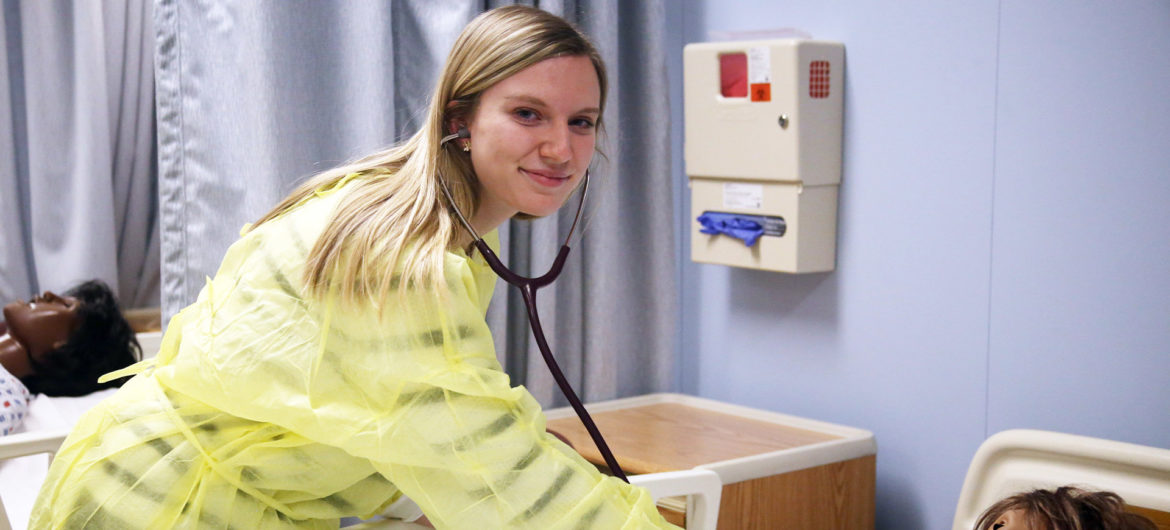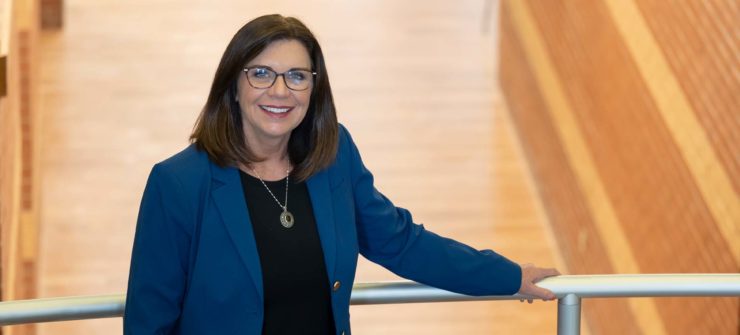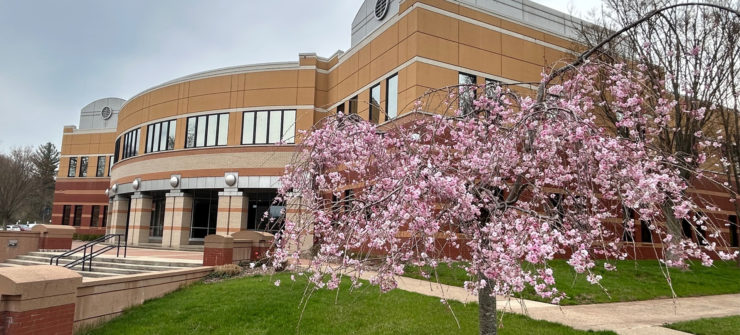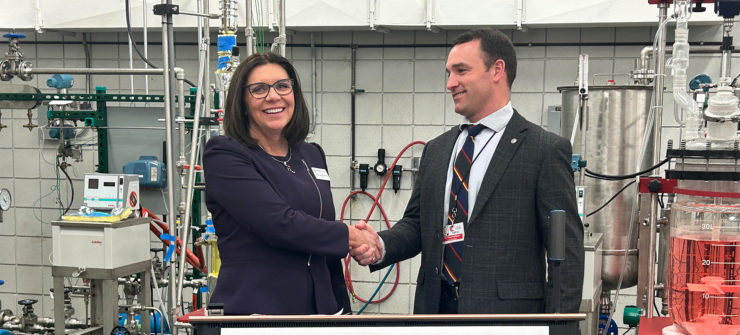MARIETTA, OHIO—Ohio’s early college initiative, College Credit Plus (CCP), tends to command attention for 7th through 12th-grade students to earn college credits and reduce the time to earn a four-year degree. In addition to supporting students seeking a bachelor’s degree, the program equally serves as a technical pathway that prepares graduates to move directly into the job market.
Across Ohio, middle and high school students can enroll in college courses through CCP at no cost to them. Moreover, these students can ultimately earn certificates and associate degrees before they graduate from high school. In fact, the most recent statistics show that during the 2019-2020 academic year, more than 2,600 CCP were granted degrees and 1,000 received certificates among the 77,000 CCP students enrolled across the state. During that same year, Washington State College of Ohio (WSCO) granted 32 degrees and certificates to CCP students.
While a significant percentage of these students will continue their education and earn advanced degrees, an increasing number will utilize their credential to segue into the job market. Washington State College of Ohio CCP student Mary Estes is a Warren High School senior who will graduate this spring with a Practical Nursing certificate. The one-year program is among several certificate programs offered at the institution that can result in immediate employment prospects for its graduates.
Estes began taking dual enrollment courses at her high school as a sophomore, then opted to transition to taking courses on-campus as a junior. She said initially she was focused on completing her general education courses to help offset the requirements of her ambitions to earn a bachelor’s degree in nursing. However, “over winter break of my junior year and going into the spring semester, I decided that I just wanted to be able to get a job when I graduated high school.” She based her decision on her desire to have greater opportunities. “This way, if I want to start working and gradually go on to school, I have that option.” She added that graduating with a credential that has excellent job prospects also gives her peace of mind. “With everything going on, I know that I will be able to get a job.”
While Estes still has her sights set on advancing her career to become a registered nurse, the degree-seeking track isn’t for everyone explained Early College Coordinator Debbie Gurtis. “Not every student has that vision for their life, but they recognize the importance of technical training and the leverage that a credential gives them in the job market. The technical programs at Washington State allow students to earn a credential that qualifies them for employment in good-paying, in-demand jobs.”
Gurtis detailed that pay scales vary for the eight certificate programs offered by the college, but can range from $15-$35 per hour depending on the field. The certificate programs offered by WSCO are: Accounting, Automotive Service, Chemical Operator, Diesel Truck Maintenance, Multi Craft, Peace Officer Basic Academy (POBA), Massage Therapy, and Practical Nursing Education. These certificates, popular among college students of all ages, provide an opportunity to get short-term training with long-term payoffs.
In addition, Gurtis explained that the technical certificates also provide CCP students like Estes with the option to start working while they continue their education and pursue a degree. As an added benefit, some employers will also offer tuition assistance to offset the cost of continued coursework for employees.





